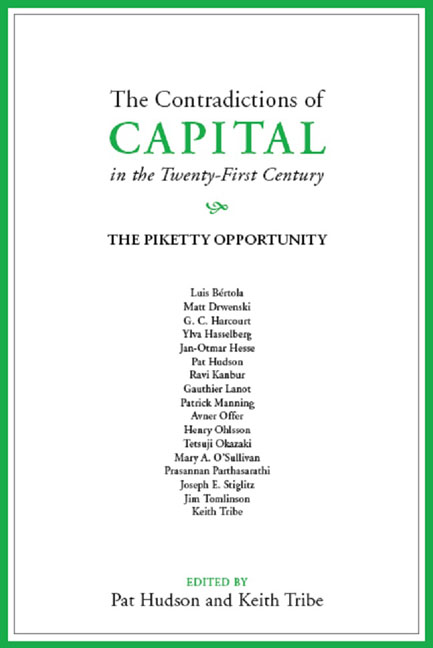“Education beats at the heart of sustainability.”
Andrea Illy (2022)Change happens – undeniably, often rapidly and at times distressingly. Agenda 2030 is about change – individual and societal transformation. Created following several years of discussion, debate and compromise, Agenda 2030's Sustainable Development Goals delineate what is regarded as being practical and achievable by the end of this decade. The targets and indicators for SDG4 are largely operational, concentrating on the provision and structure of education; the elimination of inequalities and disparities in education; and the valuing of the teaching profession. However, underlying all the targets of SDG4 is the ambition of ultimately contributing to the development “inclusive, quality education” for all.
Agenda 2030: a horizon of hope
The environmental crisis and continued inequality worldwide were driving forces behind the formulation of Agenda 2030. Despite considerable disagreement as to exactly how to stimulate changes that will lead to a more sustainable, peaceful tomorrow, Agenda 2030 has been recognized as a unique global effort to unite diverse initiatives in collective action towards change aimed in a common direction. Agenda 2030's goals are comprehensive, encompassing issues beneath the seas, high in the skies and within the hearts of men and women. Most importantly, they are a horizon of hope.
Inclusive education for all
Greater appreciation of diversity and more extensive inclusion of everyone in schools and communities are goals officially endorsed by the global community. However, in 2019, one in five children and youth were excluded from education (UNESCO 2020a) It is estimated that millions more are alienated inside classrooms due to stigma, stereotypes and discrimination. Exclusion occurs on the basis of remoteness (living far from available educational institutions), migration, displacement, incarceration, wealth, disability, ethnicity, gender, language, sexual orientation, gender identity and religion or other beliefs and attitudes.
In 1960, the UNESCO Convention against Discrimination in Education specified that governments must ensure that all learners have equal access to acceptable education. In 1990, the World Conference on Education for All took place in Jomtien, Thailand and once again called for countries to commit to securing every person – child, youth and adult – educational opportunities designed to meet their basic learning needs. This rights-based approach to education was sponsored by UNESCO, UNDP, UNFPA, UNICEF and the World Bank.




